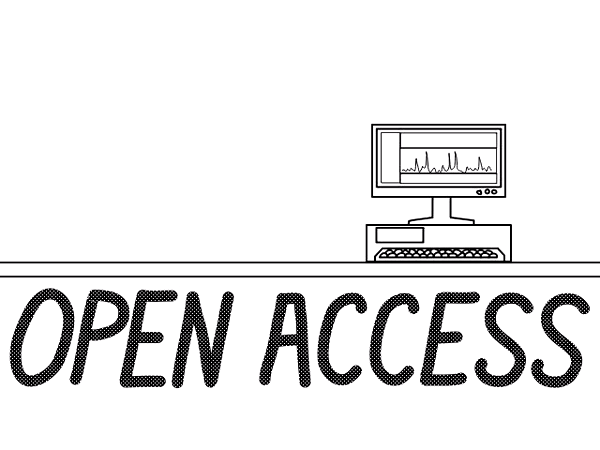
Open Access Lab
The focus of the Open Access Mass Spectrometry Lab is to provide our community with direct access to mass spectrometry training, expertise, and instrumentation. Researchers are trained on instruments best suited for their work and then they can perform experiments using their own columns and methods or ones we provide. Training sessions usually take about two hours and involve building each person a unique method which they can use to analyze samples (and later modify to suit changes in projects), an overview of the instrument and software, and how to acquire, store, and understand instrument data. Our instruments are well suited for small molecule, peptide, and protein analysis.
In addition to creating unique methods to suit each researcher’s project, we offer set rapid analysis methods with quick (2min) runtimes for samples that are not as complex at a significantly reduced rate.

| Instrument | Type | Nickname |
|---|---|---|
| Agilent 6125 | Single Quadrupole | Twilight |
| Agilent 6130 | Single Quadrupole | Vestal |
| Agilent 6135 | Single Quadrupole | Snowden |
| Agilent 6230 | TOF LC/MS | Sill |
| Bruker Autoflex | MALDI TOF | Freya |
More information can be found on our instruments page.
See also: prices.
Sample Preparation
Mass spectrometry is a highly robust method of analysis for peptides, proteins, nucleic acids and small molecules. However, there are some general guidelines that are important to remember for sample preparation when using mass spectrometry.The specific requirements for the methods of ionization will be covered briefly here. For a more thorough treatment of mass spectrometry methods and sample preparation, several general references are available:

Salts and detergents are often problematic when using mass spectrometers. Low levels of salts, in the mM range can be tolerated in samples with an in-line desalting procedure. Larger amounts, such as 8M urea, cannot.
Detergents, such as SDS, Triton, Tween, and NP40 must be avoided in samples, as they bind quite tightly to columns, and elute slowly over time. They tend to ionize quite well, and can suppress the signal of compounds eluting at the same time. If a detergent is required to keep proteins solubilized, N-octyl-B-glucopyranoside, and trifluoroethanol are more mass spec friendly alternatives.
The LCMS instruments are very sensitive, so sample concentration is a prime concern. QA samples for small molecules are run at a 80fmol/ul concentration, and proteins at a 10pmol/ul concentration, and good peaks are observed. Therefore not much is needed. While not all compounds will respond as well, concentrations in the 10-50pmol/ul range are typically sufficient. Larger concentrations should be avoided, due to the possibility of carryover into the following user's run. During training you will learn to adjust injection volumes to suit different samples.
Reservations
No login is required to view the Calendar, but you do need an account to make a reservation. Contact us to at masspec@scripps.edu to create an account and schedule training.
Regular vs Rapid-MS
Low cost ($5) Rapid-MS runs on Twilight can be booked in 5-minute increments, please specify "rapid" in the calendar notes.
Other Open Access instruments have a minimum 30-minute charge for usage.
Using the Calendar
- Login at the bottom of the page using the credentials we provide. Once you are logged in, you will be shown the current week layout with any reservations made between 12am to 11:30pm. To see the calendar of a specific instrument use the "Select Instrument" menu on the top of the calendar. You may jump to any other week/day/month by clicking on the arrows at in the top corners of the page.
- Click on any '+' icon located on the upper right corner of each time slot to add an entry to the calendar. Proceed by entering your scripps email, name, contact info, and notes (if rapid-ms), and selecting the instrument to reserve.
- Make sure the date, time selected, duration, and selected instrument are correct before clicking on the 'Save' button.
- If you are making an overnight reservation, you need to make two separate entries (e.g., 10PM- 12AM and 12AM - 2AM for the next day).
- You may edit/delete any reservations you have made if the time reserved is not past the current local time.
- When your entry has been saved, log out of the calendar to prevent unauthorized entries.
Finally, it is important to be courteous to other users and only reserve the appropriate amount of time needed so when others see on the calendar that the instrument is free, it truly is free. If time has been reserved that won’t be used, email us to have the reservation removed. This not only frees the instrument for others to use, but prevents an unnecessary charge.
